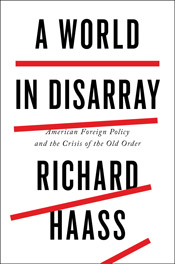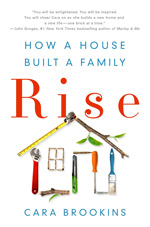 “The Wines of My Life, ” by Eric Beaumard
“The Wines of My Life, ” by Eric Beaumard
(Abrams pp 280, $45.00)
“The Wines of My Life” is a very important book for two reasons. First it was written by, perhaps, the most influential sommelier in the world, Eric Beaumard, who from humble origins and a major road accident that left him physically impaired (he lost an arm), but which only fortified his spirit, hoisted himself to the top rank of the wine tasting industry. For years, Beaumard was head sommelier of “Le Cinq” the prestigious restaurant located inside the Four Seasons George the Fifth in Paris. The second reason is more prosaic. BJD contributed to the translation of the book in the US.
Eric Beaumard narrates his tribulations around the world where he visits established names in red, white and champagne wines, Chateau Petrus, Dom Pérignon, Rothschild, to name a few, as well as discovers new upcoming crus and grapes. The present book portrays 75 exceptional wines. Beaumard goes to great lengths to describe why these wines standout from the rests. He traces their origins, history, and evolution through time, meaning winemaking process, traditional or scientific. His meditations are a nose-filled journey through the memoirs of deep musty echoing cellars, the wafting scents of fermentation-stained barrels, and the climbs of steep arid and muddy hills. Whether you are a wine aficionado or not, “The Wines of My Life” will seduce your palate so much that you will not be able to reject the indelible notes this man is offering you.




